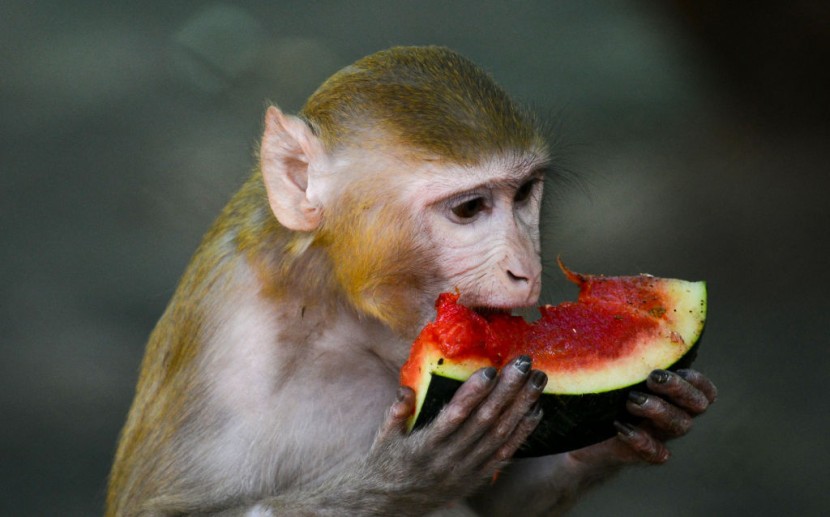Residents in Florida are being cautioned by authorities to stay away from wild monkeys that have been spotted in the area.
Residents in Orange City, which is located approximately 30 miles north of Orlando, have reported numerous sightings of wild monkeys there, according to a Facebook post from the Orange City Police Department on Wednesday.
According to the Florida Fish and Wildlife Conservation Commission, at least one of those monkeys was eventually determined to be a Rhesus macaque monkey, a species that is native to Asia and can become violent when fed.
According to NBC News, locals were advised by police not to feed or attempt to capture the monkeys and to call the commission's Wildlife Alert Hotline if they saw any.
Read also: US Research Capabilities Jeopardized by Shortage of Monkeys, Panel Reports
Feeding Wild Monkeys is a Second-Degree Misdemeanor
According to information from the commission that the police department shared on Facebook, feeding wild monkeys is a second-degree misdemeanor in Florida that is punishable by up to 60 days in jail and a fine of up to $500. It also adds that feeding wild monkeys can increase the risk of attacks, injuries, and disease transmission.

When asked about where, when, or how many times the monkeys were purportedly sighted on Thursday morning, the Orange City Police Department did not react right away.
Rhesus macaques can live up to 40 years and can become violent when fed. They may also transmit a variety of diseases that can infect humans, according to the Florida Fish and Wildlife Conservation Commission.
Police did not specify if the monkey was wild or domesticated, or whether they were aware of any complaints regarding its possible origin.
The Wildlife Conservation Commission states that vervet monkeys and rhesus macaques are the only two species of wild monkeys that are reproducing in Florida.
The Wildlife Protection Commission reported that the Rhesus macaques' core population has been found in central Florida, along the Silver River, where a boat operator first released six of the monkeys to draw tourists in the 1930s. About 60 miles southeast of Silver River sits Orange City.
Previously, the Rhesus macaques in the Florida Keys "destroyed red mangroves, leading to massive vegetation loss and shoreline erosion," according to the Wildlife Commission, having a negative influence on the Sunshine State.
According to the Centers for Disease Control and Prevention, rhesus macaques in Florida have also tested positive for herpes B, a rare viral virus that can cause severe brain damage or death if not promptly treated. According to the Wildlife Commission, there have been roughly 18 documented instances of Rhesus macaques biting and scratching people in Florida, but no cases of herpes B transmission from a Rhesus macaque to a human have been confirmed.
Related article: Baby Monkeys At Risk Of Being Killed Grow Faster
© 2025 HNGN, All rights reserved. Do not reproduce without permission.








